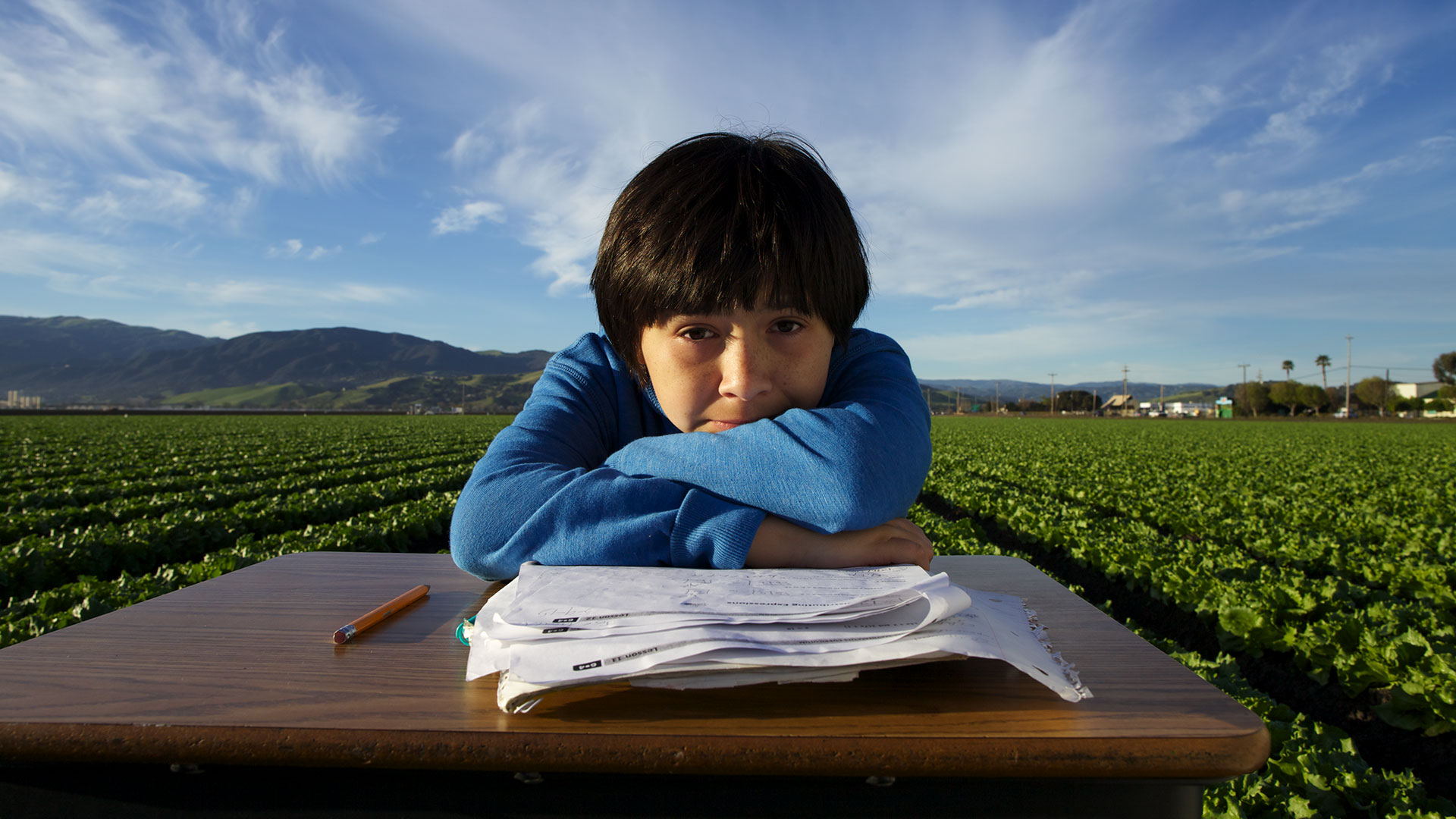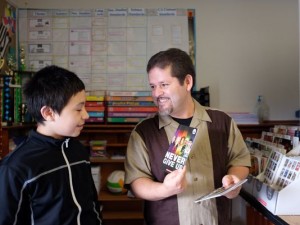‘East of Salinas’ Screening and Discussion Paint Intimate Portrait of Farmworkers

The movie poster for East of Salinas
When I enter a new classroom or forum, I often ask, “How many people know where their food comes from?” Later, another question arises, “Each time you pick up a piece of produce at the store, do you consider the hands that picked that produce? Those that handled that piece of nutrition, and eventually passed it along to you?”
Most students will answer no. I would have too, before I became a Bon Appétit fellow.
In the United States today, about 40 percent of our produce is harvested by hand. The farmworkers who carry out this labor work in the most dangerous employment sector in the country, and do not enjoy the same protections that workers in all other sectors do. A child of just 12 years old can labor for eight hours in a scorching hot field, while they would never be allowed to file in an air-conditioned office. The work is hard and the pay is often unregulated. Workers are frequently paid not by the hour, but by a “piece rate” based on the amount of produce they can harvest in a day. In Immokalee, FL, workers have to harvest over two whole tons of tomatoes in one day just to earn minimum wage.
During Farmworker Awareness Week at St. Edward’s University in Austin, TX, I heard the stories of three students involved in the College Assistance Migrant Program (CAMP) and Student Action with Farmworkers (SAF). Two students, Gerardo Silguero ’16 and Edith Valle ’16, were SAF alums, having worked side-by-side with farmworkers in North Carolina to protect their legal rights. Isabel Martinez, a first-year at St. Edward’s, had just entered the CAMP program at SAF. The CAMP program at St. Edward’s is one of the most robust in the nation, having funded full college tuition for upwards of 30 students per year.
A group of about 30 students, faculty, and staff gathered in the airy and modern Fleck Hall for a screening of East of Salinas, followed by a panel discussion with Gerry, Edith, and Isabel. The documentary follows a family traveling and working in California’s Salinas Valley. Those who have read John Steinbeck’s East of Eden and the Grapes of Wrath will recognize the setting. The young boy at the center of the film, Jose, is a bright-eyed, enthusiastic student who loves math and excels in it. His teacher Oscar Ramos is devoted to each of his students and their families; having grown up working the fields, he now teaches students living lives similar to his own at their age. Throughout the three-year period that the film follows Jose and his family, he continues to grow, continues to love math, but it becomes clearer as he moves from school district to school district that he faces challenges most of his peers will never understand.

Jose and his teacher Oscar in a publicity still from the film
Afterward, each panelist reflected that Jose’s story resonated deeply for them, whether it was swiftly changing or compromised housing situations, a constant change in academic curriculum, with teachers unwilling to accommodate, or a language barrier between teachers and their parents, these students faced major barriers in their education. Some of the panelists had to join their parents in the field to keep their families going at one point.
Bon Appétit Director of Operations Elvin Lubrin asked the panelists, “If there was one experience, one thing that you could do to take someone by the hand and show them to illuminate the issue of farmworker awareness, what would it be?”
Gerardo responded that he would show a fellow student his father’s worn hands, the dark patches of calluses, the beds and tips of his nails holding particles of dirt in perpetuity. Compared to the hands of a suburban child’s office-bound parent, the different is stark.
The challenge to all of us is to consider the hands of each farmworker who carefully, hurriedly, doggedly, or energetically picked the piece of produce you’re purchasing. Then ask yourself: where did this produce come from? Was the worker who harvested this fruit respected? Keep abreast on which companies support campaigns such as the Fair Food Campaign from the CIW and/or participate in the Equitable Food Initiative, as Bon Appétit Management Company does. And work so that farmworkers and their labor can be truly respected.